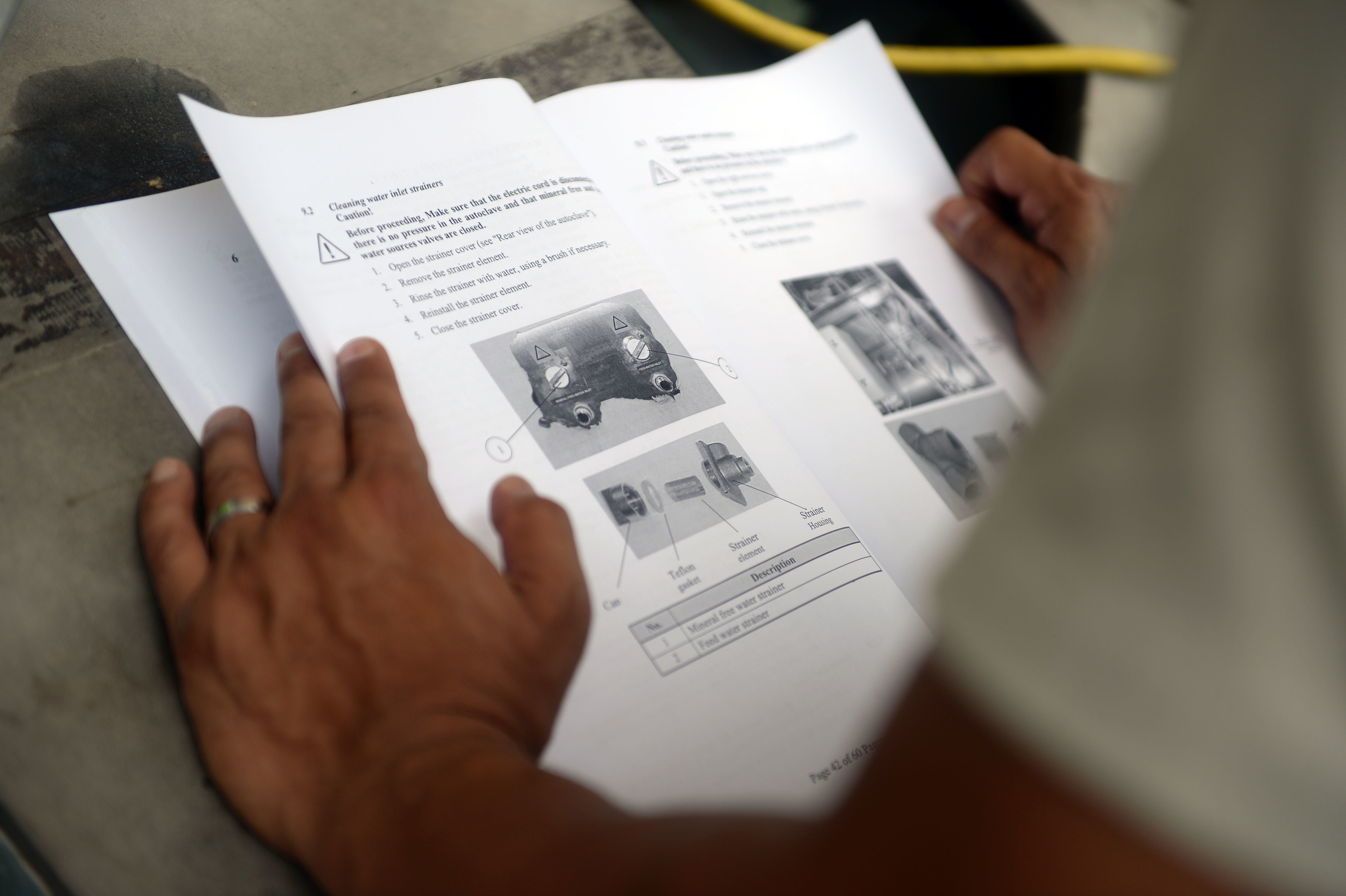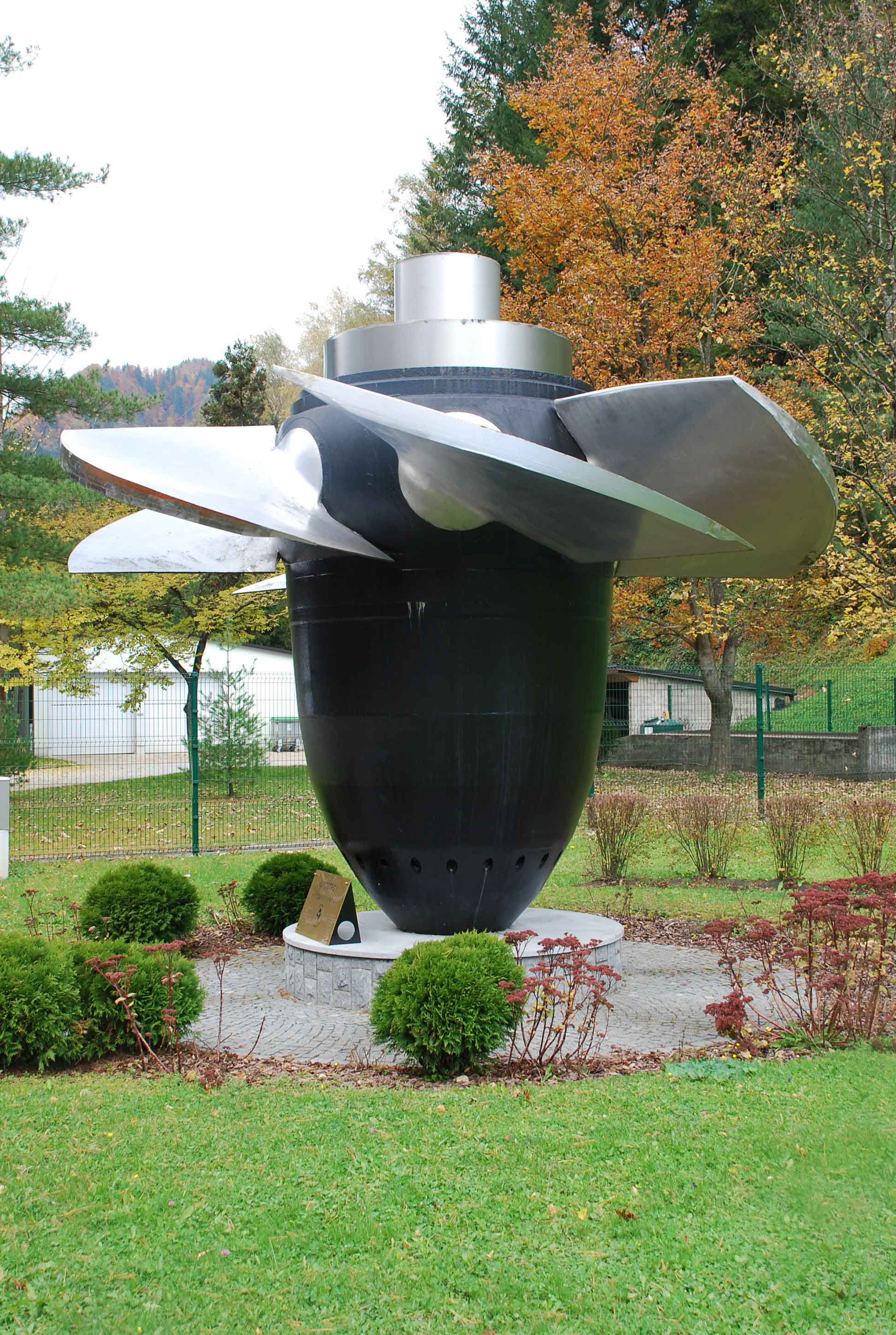|
Bojan Kraut
Bojan Kraut (April 12, 1908 – August 22, 1991) was a Slovene mechanical engineer who wrote "''Strojniški Priročnik''" (English: "''Mechanical Engineering Handbook''"), a well-known reference text from former Yugoslavia. Biography Kraut was born in Kamnik where he finished elementary school. He finished Gymnasium in Ljubljana in 1926. In 1932 he became a mechanical engineer after graduating from Zagreb University. After working in Tivat, he became a constructor in Ljubljana's foundry. In 1937 he became a teaching assistant at the Ljubljana University where he received title of "honorary engineer". His last job before the Second World War was in Slavonski Brod, where he worked as a leading constructor of locomotives and railcars. After WW2 he contributed to the restoration of Yugoslav industry. He worked as a leading engineer at ''Tovarna avtomobilov Maribor'' and later became a technical director at the '' Litostroj'' machinery factory. Finally he became a professor a ... [...More Info...] [...Related Items...] OR: [Wikipedia] [Google] [Baidu] |
Slovenes
The Slovenes, also known as Slovenians ( ), are a South Slavs, South Slavic ethnic group native to Slovenia and adjacent regions in Italy, Austria and Hungary. Slovenes share a common ancestry, Slovenian culture, culture, and History of Slovenia, history, and speak Slovene language, Slovene as their native language. Although Slovenes are linguistically classified as South Slavs, genetic studies indicate they share closer genetic affinities with West Slavic and Central European populations than with other South Slavs such as Bulgarians and Macedonians. Outside of Slovenia and Europe, Slovenes form diaspora groups in the United States, Canada, Argentina and Brazil. Population Population in Slovenia Most Slovenes today live within the borders of the independent Slovenia (2,100,000 inhabitants, 83% Slovenes est. July 2020). In the Slovenian national census of 2002, 1,631,363 people ethnically declared themselves as Slovenes, while 1,723,434 people claimed Slovene as their nat ... [...More Info...] [...Related Items...] OR: [Wikipedia] [Google] [Baidu] |
Tovarna Avtomobilov Maribor
TAM (Tovarna avtomobilov Maribor – English: Maribor Automobile Factory) is a Slovenian commercial vehicle manufacturer based in Maribor. It was established in 2011 as part of a multinational conglomerate, with CHTC China Hi-Tech Group Corporation as the majority owner, and integrated into the heritage brand TAM of Slovenia in 2012. The company currently emphasises on producing city buses, airport buses and coaches. Product Line TAM has a longstanding history of producing vehicles. While the company used to produce different types of vehicles ranging from military trucks, light trucks, heavy trucks, fire trucks, buses and even vehicle components like engines, it now only focuses on buses. Current line up of buses: * airport buses called VIVAIR * electric buses called VERO * coaches called VIVE History In 1938, the Kingdom of Yugoslavia launched a competition to find a truck design that would be license produced in the country. The competing vehicles had to complete a journ ... [...More Info...] [...Related Items...] OR: [Wikipedia] [Google] [Baidu] |
University Of Zagreb Alumni
A university () is an educational institution, institution of tertiary education and research which awards academic degrees in several Discipline (academia), academic disciplines. ''University'' is derived from the Latin phrase , which roughly means "community of teachers and scholars". Universities typically offer both undergraduate education, undergraduate and postgraduate education, postgraduate programs. The first universities in Europe were established by Catholic Church, Catholic monks. The University of Bologna (), Italy, which was founded in 1088, is the first university in the sense of: *being a high degree-awarding institute. *using the word (which was coined at its foundation). *having independence from the ecclesiastic schools and issuing secular as well as non-secular degrees (with teaching conducted by both clergy and non-clergy): grammar, rhetoric, logic, theology, canon law and notarial law.Hunt Janin: "The university in medieval life, 1179–1499", McFarland, 2 ... [...More Info...] [...Related Items...] OR: [Wikipedia] [Google] [Baidu] |
Slovenian Mechanical Engineers
Slovene or Slovenian may refer to: * Something of, from, or related to Slovenia, a country in Central Europe * Slovene language, a South Slavic language mainly spoken in Slovenia * Slovenes, an ethno-linguistic group mainly living in Slovenia * Slavic peoples, an Indo-European ethno-linguistic group * Ilmen Slavs The Novgorod Slavs, Ilmen Slavs (, ''Il'menskiye slovene''), or Slovenes (not to be confused with the South Slavic Slovenes) were the northernmost tribe of the Early Slavs, and inhabited the shores of Lake Ilmen, and the river basins of the ..., the northernmost tribe of the Early East Slavs {{Disambiguation Language and nationality disambiguation pages ... [...More Info...] [...Related Items...] OR: [Wikipedia] [Google] [Baidu] |
People From Kamnik
The term "the people" refers to the public or common mass of people of a polity. As such it is a concept of human rights law, international law as well as constitutional law, particularly used for claims of popular sovereignty. In contrast, a people is any plurality of persons considered as a whole. Used in politics and law, the term "a people" refers to the collective or community of an ethnic group or nation. Concepts Legal Chapter One, Article One of the Charter of the United Nations states that "peoples" have the right to self-determination. Though the mere status as peoples and the right to self-determination, as for example in the case of Indigenous peoples (''peoples'', as in all groups of indigenous people, not merely all indigenous persons as in ''indigenous people''), does not automatically provide for independent sovereignty and therefore secession. Indeed, judge Ivor Jennings identified the inherent problems in the right of "peoples" to self-determination, as i ... [...More Info...] [...Related Items...] OR: [Wikipedia] [Google] [Baidu] |
1991 Deaths
This is a list of lists of deaths of notable people, organized by year. New deaths articles are added to their respective month (e.g., Deaths in ) and then linked below. 2025 2024 2023 2022 2021 2020 2019 2018 2017 2016 2015 2014 2013 2012 2011 2010 2009 2008 2007 2006 2005 2004 2003 2002 2001 2000 1999 1998 1997 1996 1995 1994 1993 1992 1991 1990 1989 1988 1987 1986 Earlier years ''Deaths in years earlier than this can usually be found in the main articles of the years.'' See also * Lists of deaths by day * Deaths by year (category) {{DEFAULTSORT:deaths by year ... [...More Info...] [...Related Items...] OR: [Wikipedia] [Google] [Baidu] |
1908 Births
This is the longest year in either the Julian or Gregorian calendars, having a duration of 31622401.38 seconds of Terrestrial Time (or ephemeris time), measured according to the definition of mean solar time. Events January * January 1 – The British ''Nimrod'' Expedition led by Ernest Shackleton sets sail from New Zealand on the ''Nimrod'' for Antarctica. * January 3 – A total solar eclipse is visible in the Pacific Ocean and is the 46th solar eclipse of Solar Saros 130. * January 13 – A fire breaks out at the Rhoads Opera House in Boyertown, Pennsylvania, killing 171 people. * January 15 – Alpha Kappa Alpha, the first race inclusive sorority is founded on the campus of Howard University in Washington, D.C. * January 24 – Robert Baden-Powell's '' Scouting for Boys'' begins publication in London. The book eventually sells over 100 million copies, and effectively begins the worldwide Boy Scout movement. February * February 1 – Lisbon Regicide: Ki ... [...More Info...] [...Related Items...] OR: [Wikipedia] [Google] [Baidu] |
Handbook
A handbook is a type of reference work, or other collection of instructions, that is intended to provide ready reference. The term originally applied to a small or portable book containing information useful for its owner, but the ''Oxford English Dictionary'' defines the current sense as "any book ... giving information such as facts on a particular subject, guidance in some art or occupation, instructions for operating a machine, or information for tourists." accessed 23 March 2017. A handbook is sometimes referred to as a ''wikt:en:vade mecum#Latin, vade mecum'' (Latin language, Latin, "go with me") or pocket reference. It may also be referred to as an wikt:enchiridion, enchiridion. In modern times, the concept of Vademecum classically ... [...More Info...] [...Related Items...] OR: [Wikipedia] [Google] [Baidu] |
Rector (academia)
A rector (Latin language, Latin for 'ruler') is a senior official in an educational institution, and can refer to an official in either a university or a secondary school. Outside the English-speaking world, the rector is often the most senior official in a university, while in the United States, the equivalent is often referred to as the President (education), president, and in the United Kingdom and Commonwealth of Nations, the equivalent is the Vice-chancellor (education), vice-chancellor. The term and office of a rector can be referred to as a rectorate. The title is used widely in universities in EuropeEuropean nations where the word ''rector'' or a cognate thereof (''rektor'', ''recteur'', etc.) is used in referring to university administrators include Albania, Austria, Benelux, the Benelux, Bosnia and Herzegovina, Bulgaria, Croatia, Cyprus, Czech Republic, Denmark, Estonia, Finland, Germany, Greece, Hungary, Iceland, Italy, Latvia, Malta, Moldova, North Macedonia, Poland, ... [...More Info...] [...Related Items...] OR: [Wikipedia] [Google] [Baidu] |
Dean (education)
Dean is a title employed in academic administrations such as colleges or universities for a person with significant authority over a specific academic unit, over a specific area of concern, or both. In the United States and Canada, deans are usually university professors who serve as the heads of a university's constituent colleges and schools. Deans are common in private preparatory schools, and occasionally found in middle schools and high schools as well. Origin A "dean" (Latin: '' decanus'') was originally the head of a group of ten soldiers or monks. Eventually an ecclesiastical dean became the head of a group of canons or other religious groups. When the universities grew out of the cathedral schools and monastic schools, the title of dean was used for officials with various administrative duties. Use Bulgaria and Romania In Bulgarian and Romanian universities, a dean is the head of a faculty, which may include several academic departments. Every faculty unit of u ... [...More Info...] [...Related Items...] OR: [Wikipedia] [Google] [Baidu] |
Litostroj
Litostroj is a Slovenian Heavy industry, heavy machinery Manufacturing, manufacturer based in Ljubljana. Its products include mainly water turbines for hydroelectric powerplants. Most of the production is exported. It provided around 8000 MW of installed power worldwide. Around 150 of them are pumped storage. It has also designed around 1200 large Crane (machine), cranes. They also manufacture forging and pressing machines. The structure for the plant was built using forced labor by political prisoners from camps set up immediately after World War II, the Second World War. Its name is derived from , meaning "Foundry and Machine Factory" in Slovene. Litostroj Street () in Ljubljana is named after the company. References External links Litostroj Official page Litostroj-pts Litostroj Power Slovenian brands Engineering companies of Slovenia Companies based in Ljubljana Manufacturing companies established in 1946 1946 establishments in Yugoslavia {{manufacturing-stub ... [...More Info...] [...Related Items...] OR: [Wikipedia] [Google] [Baidu] |
Technical Director
A technical director (TD) is usually a senior technical person within e.g. a software company, engineering firm, film studio, theatre company or television studio. They are responsible for overseeing and coordinating all of the technical aspects within the project or organization they are a part of. The title of technical director is used across a wide range of industries such as software development, television and film production, theatre, game development, and live events. While responsibilities may vary between industries, technical directors in general supervise technical staff and guide the technical processes while also collaborating with lead roles to ensure that technical aspects align with the overall goal set in place. For example, in theatre and live productions a technical director will work with scenic designers and directors to draft plans, select materials, and prepare the venue for a both safe and efficient production. In television or film technical directors o ... [...More Info...] [...Related Items...] OR: [Wikipedia] [Google] [Baidu] |




